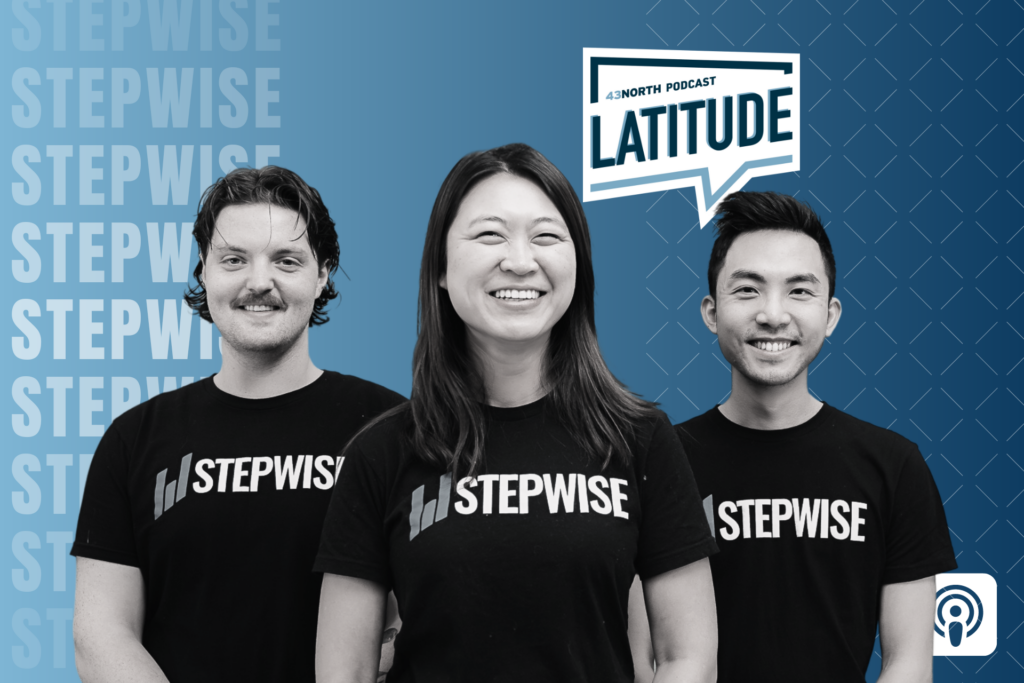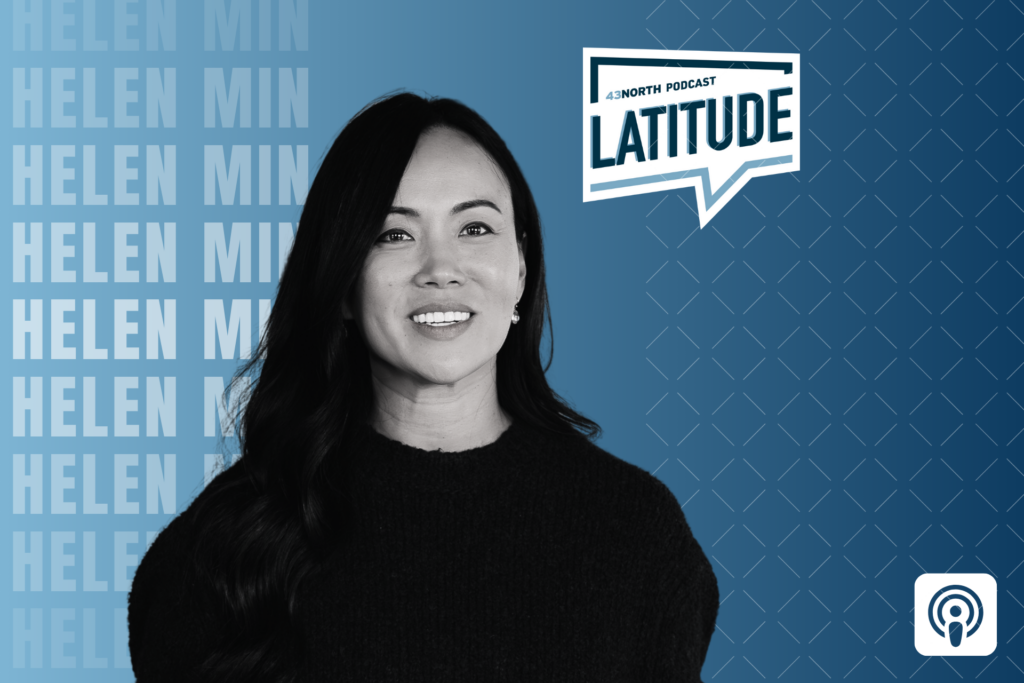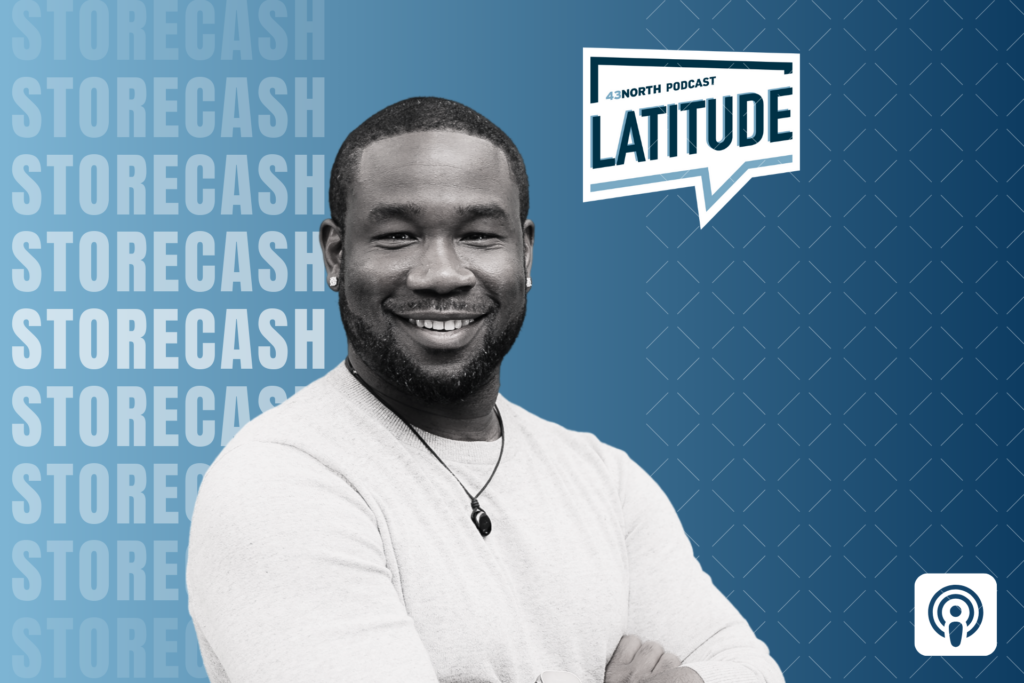The following is a repost from Yahoo! Finance. Visit the link to watch the full video.
Songe LaRon, Co-founder of Squire and Michael Seibel, Group Partner and Managing Director, Early Stage at YC joins the Yahoo Finance panel to discuss diversity in the tech industry.
Video Transcript
AKIKO FUJITA: Silicon Valley’s top accelerator is doubling down on its promise of diversity and inclusion, partnering with nonprofits like CodePath and ColorStack to reach people who have traditionally been underrepresented in tech. Let’s bring in Michael Seibel, who is a group partner and managing director, Early Stage at YC. We’ve also got Songe Laron, who is the co-founder of Squire. And it’s good to talk to both of you.
Mike, I’d love to start the conversation with you because you have put your name behind some really big names in the tech sector in the very early days, whether that is an Airbnb or Stripe. Why do you think there have been so few sort of Black-owned entrepreneurs or so many Black-owned startups that have been underrepresented in tech so far?
MICHAEL SEIBEL: You know, I think that one of the consistent problems in the tech funding world is that the vast majority of investors require a founder to come in with some sort of network, requires some sort of warm introduction or some kind of connection or credential in order for them to get their time. And I think what I realized participating in YC before joining was that having an open application process, having an open process that allows anyone to come in the front door and allows you to consider anyone is the first step to really changing the access for underrepresented founders.
ZACK GUZMAN: Yeah, the other thing that stood out to me– I mean, I was just looking over the Crunchbase report here. Only 2.5% of all venture funding has gone to founders who are either Black or Hispanic. That seems shockingly low. I mean, any way you slice that, it’s not a good number. You know, obviously, it’s one that we want to highlight here on the show.
But Songe, when you’re looking at what you’ve been able to build out there in Squire, talk to me about maybe why that becomes rather difficult if you’re trying to attack a business use case like what you guys have been able to build out in the tech that helps support barbershops out there that might kind of get overlooked from kind of the funding sources out there, and how much more difficult it makes a goal like yours to maybe get the light of day when we’re talking about solutions that need to be put out in the market.
SONGE LARON: Yeah, many Black founders don’t have the network and the relationships when they’re first starting off, if they don’t have a degree from Stanford or MIT or something similar. And Y Combinator is really an institution that helps level the playing field. So we did YC summer ’16. We were very early. It was very difficult for us to raise money early on because many investors didn’t see the vision of how big our market could get. They didn’t understand how big a barbershop business really was.
But YC believed in us. And having that stamp of approval from YC really helped us go on to raise future rounds. And the fact that YC is really so interested in investing in Black founders and moving the needle is exactly what we need. We need more VCs to invest earlier in Black founders because that’s really where a lot of the gap is, in seed, pre-seed, and series A.
AKIKO FUJITA: Of course, YC is– you know, if you get the backing of YC, that certainly led to a lot of success for some companies. Michael, in addition to being able to put your money behind some of these minority owned startups, you’ve also talked a lot about the importance of diversity on the boards of these companies. You sit on the board of Reddit, as well as Dropbox. How do you think this conversation has evolved within the tech sector since we saw the huge movement over the summer that led to a discussion about more diversity in some of these big companies?
MICHAEL SEIBEL: You know, I think diversity has been an issue since, you know, when I joined the tech world in 2006. But I do think the Black Lives Matter protests over the summer raised the issue to such an extent that it forced people to start having a lot more conversations and doing more.
I think one of the things that was encouraging is that many of the people who were participating in those protests in the Bay Area were tech workers. And they recognized that the organizations they were working for weren’t doing as much as they could to increase diversity in the tech world. And so, I really do think that that caused a lot of tech organizations and a lot of the VCs to start taking another look.
Now, the proof is going to be in what people do. You know, there’s been lots of conversations, but we need to see the funding numbers change. And I think that that’s always been our position at YC. We want to lead with who we funded. In the last five years, we funded 212 Black founders, who started 127 companies. And those founders have raised over $570 million and are now collectively worth $2.4 billion.
So we were making investments. It’s paid off, and we want to be a model for other investors to say, hey, look, write checks. We can talk a lot, but until we write checks, we’re not going to make any changes.
ZACK GUZMAN: Yeah, Michael, let me ask a follow-up on that, too, because in terms of where you’re at and what you’ve seen play out over the last couple of years here, is that side more impactful, maybe writing those checks rather than board diversification. And of course, you know, it’s not an either or here.
But in your estimation, what might be more impactful? Because we are seeing kind of that pressure now mount up for getting more diverse board members. But it sounds like, you know, putting money behind some of these more diverse founders themselves might be a better way to go.
MICHAEL SEIBEL: You know, my gut is that we’ve got to be able to walk and chew gum at the same time. I think we have to be diversifying the larger companies, which is, you know, a set of challenges in and of itself. But we also have to be increasing the number of underrepresented founders. I think that there’s something that’s really important that’s going on here.
When you diversify early stage founders, you enable tech to solve different problems in society. Society has so many problems, but the founders who are most motivated to solve them are the ones who actually live those problems day to day. And so, when you take a small subset of society that tends to not have as many problems, and those are the only people who can start companies, you get the diversity of companies that we have today.
And so, I really do believe that if we’re taking the most talented people from all backgrounds and letting them solve the problems that they grew up with, America benefits, the world benefits. And the investment community has to start understanding that.
AKIKO FUJITA: Songe, let me ask you about your business here with Squire. You’re building out business management software for barbershops, men’s salons as well. Your most latest funding round, you raised– or you’re valued at $250 million. Where do you see the path to growth beyond where you are right now? And how much traction– where are you getting the most traction?
SONGE LARON: Yeah, so as you said, we focus on our vertical, which is barbershops, men’s salons. And we really think that that’s a very underserved market. And there’s a ton of room to grow within that vertical. We know that our software, we’re building the best software for appointment-based small businesses that includes payment. So there are other verticals that we could potentially expand to. But we’re laser focused on really continuing to really dominate and own the men’s grooming and barbershop space before we start thinking about other potential verticals that we could go after.
AKIKO FUJITA: Michael, let me ask you a question I imagine you’ve gotten a lot recently, as somebody who sits on the board of Reddit, which is, you know, how the platform should be looking at the type of activity we saw around GameStop. You know, whether, in fact, it is the responsibility of the platform at all to be able to at least monitor any kind of price manipulation that could be happening on the boards. I mean, how are you thinking about that conversation right now and the responsibility of Reddit in what we saw play out in the markets?
MICHAEL SEIBEL: Yeah, I’m going to I’m going to leave redit questions to the retied founders. I think that for me, the most important thing and really the reason why I wanted to join you all today is that, you know, in the context of Black History Month, and we can put extra attention on funding of Black founders and on hiring of Black people in tech, we should be making sure that 2021 is even better than 2020. And we should make sure that the momentum that we started in the summer is continuing.
One of the benefits that I’ve seen that’s been interesting, one of the benefits of COVID has been the personal geographical network is no longer as important. We’re now seeing founders able to raise money on Zoom, and they don’t have to be in Silicon Valley. I hope that momentum continues post-COVID. And I hope that, like, the funding is actually accessible because of that to founders all over the world. It’d be really a shame if we went back to the old way, where you have to jump on a plane to raise money.
AKIKO FUJITA: Yeah, Michael, it’s an interesting dynamic we’ve seen play out with people not necessarily having to be in the Valley anymore to get some of this work done. Let me just ask you, though, because I know you invest in the early stage, but there’s been a lot of conversation about the exits for some of these more higher valued companies as we see so many routes to going public, not just the direct listing or the traditional IPO route, but increasingly, SPACs.
Do you think ultimately that that’s a good trend that’s playing out right now? Because there seems to be some concern about whether, in fact, these companies need to have their fundamentals in place before they go public if they’ve got a big name backing them already.
MICHAEL SEIBEL: Yeah, to be honest, I just think that competition and going public is going to improve all of the products that enable a company to go public. So I think direct listing, IPOs, SPACs, they all have to compete with each other. And basically, the best product is going to win. I think it’s great that there’s competition because the traditional IPO model was feeling a little too traditional and wasn’t really being competed with. And now it is. So who knows what the actual solution is going to be, what the best product’s going to be in the end. But I just love that there’s competition now.
AKIKO FUJITA: OK, always good to talk to you. Michael Seibel, group partner and managing director, Early Stage at YC, and our thanks to Songe Laron as well, who’s co-founder of Squire.


